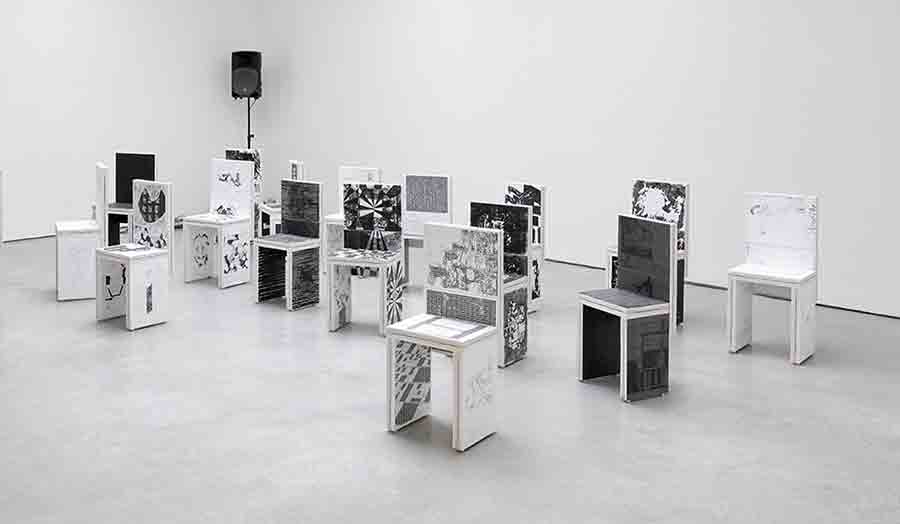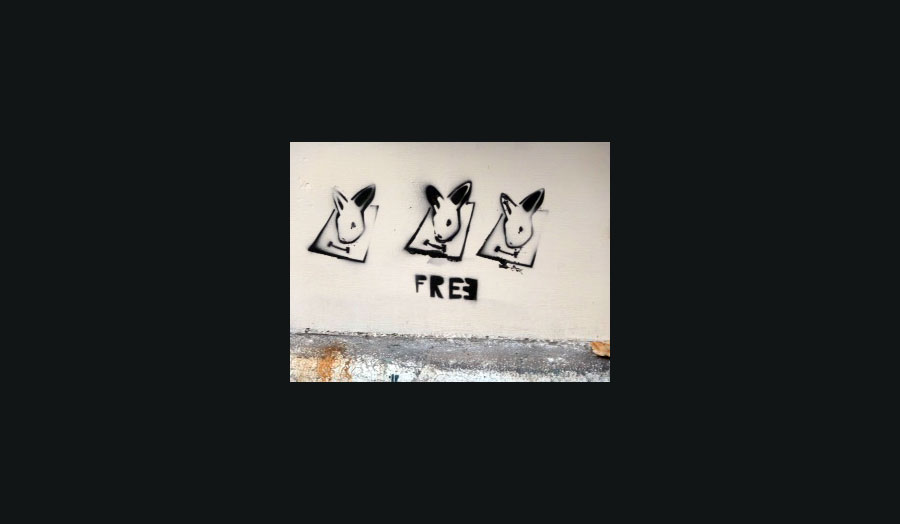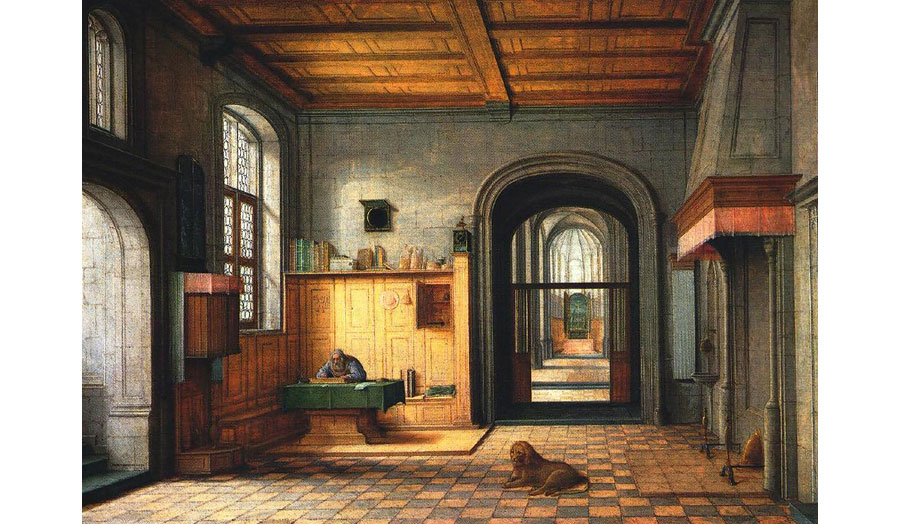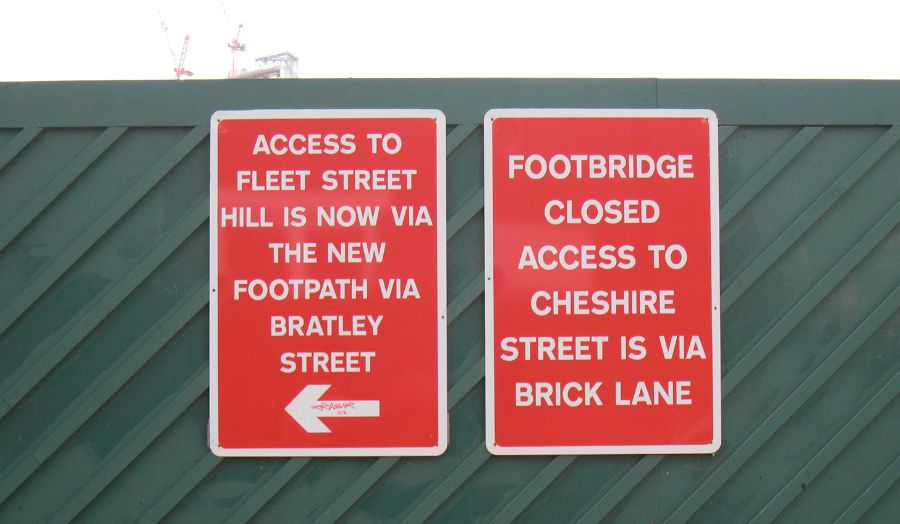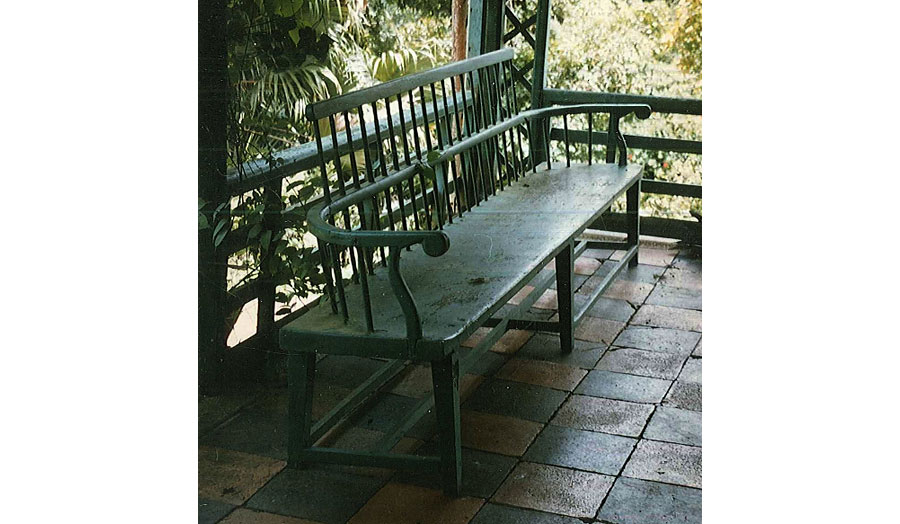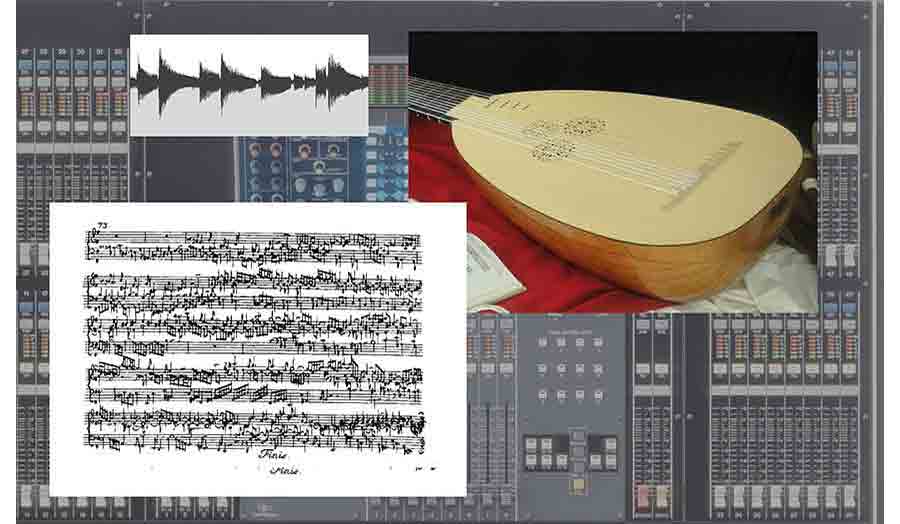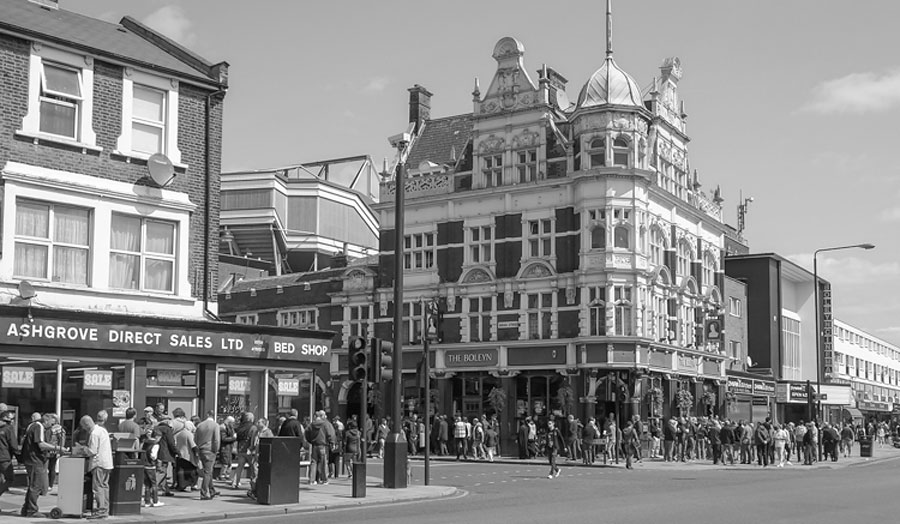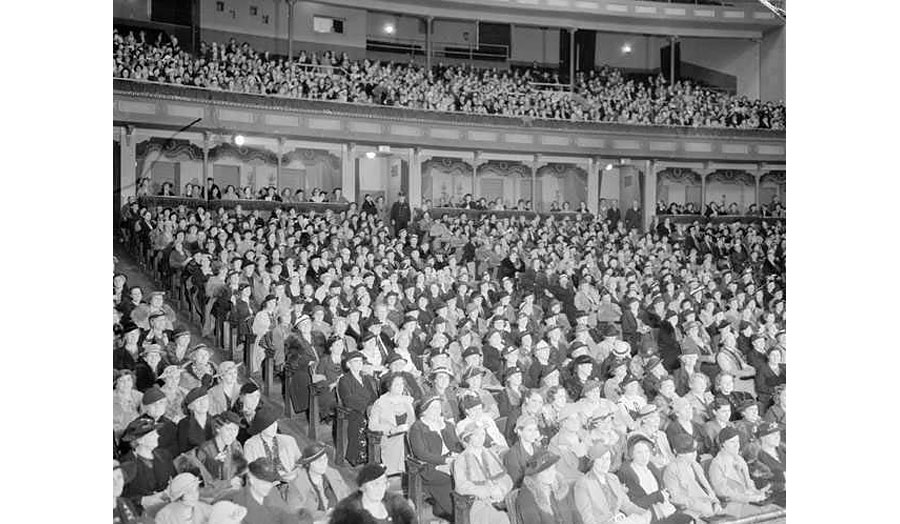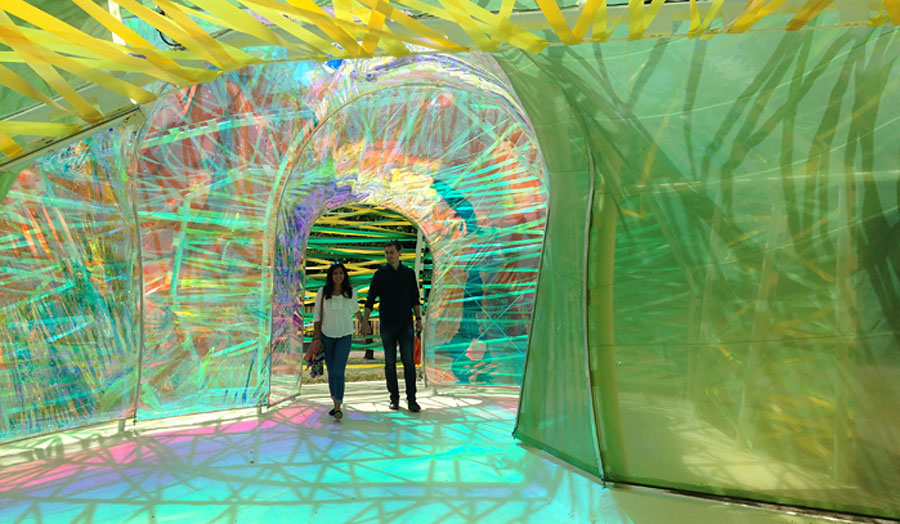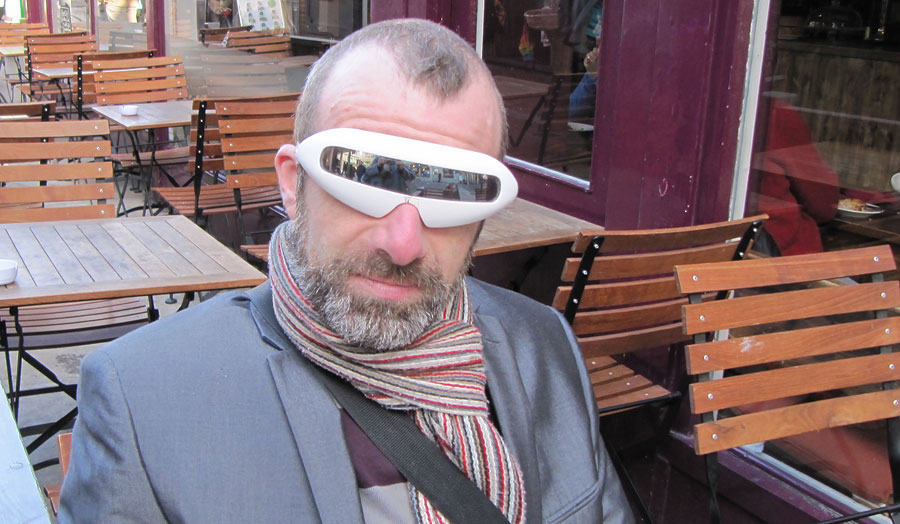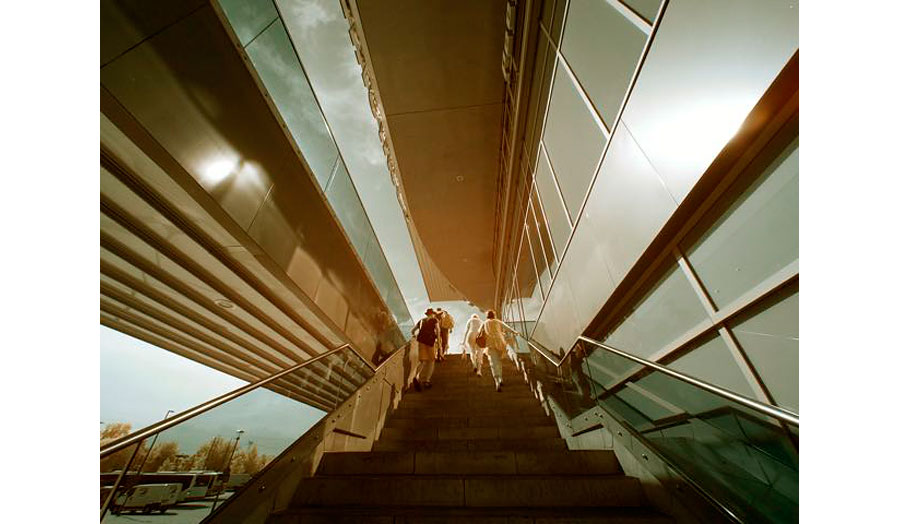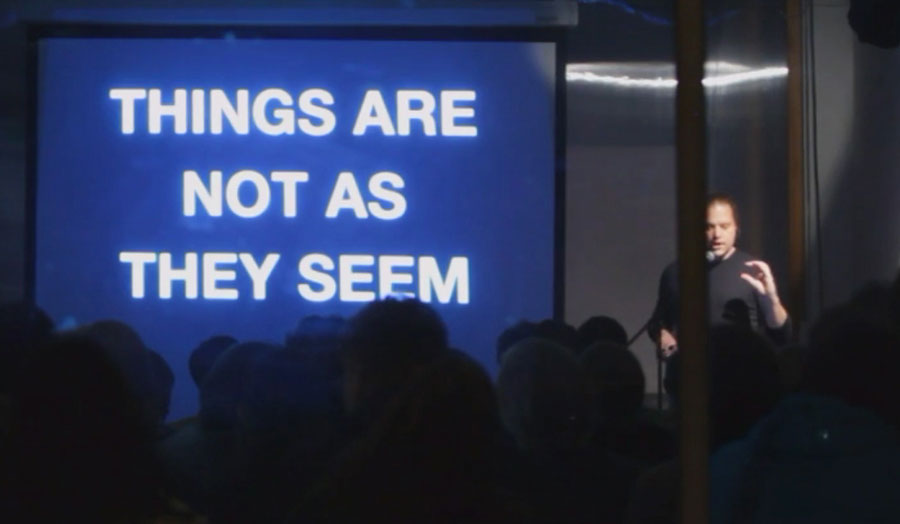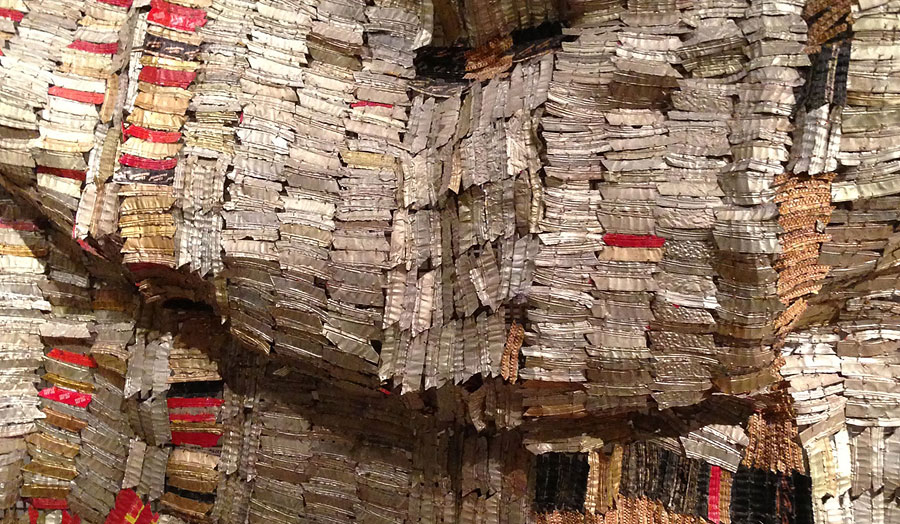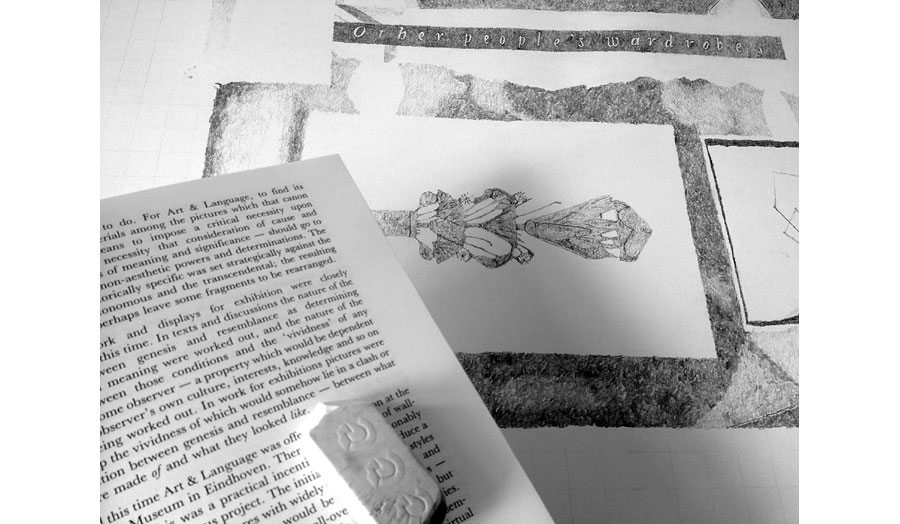Studio brief
This interdisciplinary studio reflects the widening of music and film studies in the last thirty years to include popular music, and how industry-based and cultural perspectives have shaped music and its use in film and media. Issues of race, gender, class and politics are fundamental: groups like Public Enemy, and singers like Nina Simone and Fela Kuti, for example, are emblematic of black struggle against white oppression. Female performers, and especially composers, have often been obscured in musical history; female opera singers in the nineteenth century, through their performing careers, gained great financial and social independence, unparalleled among women of the time. Today, women suffer still from narrow stereotyping in a male-dominated music industry, although female performers such as Madonna, Bjork, and Lady Gaga challenge these norms. Taylor Swift prompted wide debate concerning the downloading of music via the internet.
In looking at city soundscapes one could consider the identity of sounds connected with particular natural settings and architectural spaces; or the relationship of therapeutic music to visual and architectural aspects of a hospital setting. Other topics could include the dissemination of music in the digital era, The Beatles’ legacy and heritage; musical instruments as symbols and icons; instruments and sustainability; emotion in music, media and film; music and instruments in different cultures and religious contexts across the world; gypsy jazz, hip hop, folk music; and opera, musical theatre, noise music, dance; music therapy; and states of consciousness in film music.
Although initially conceived with students of the Music Technology BSc and Musical Instruments BSc courses in mind, this studio welcomes students from all disciplines in The Cass.
Summer preparation
Do three of the following:
1. Think about the kind of topic you might like to research and, after a bit of initial reading, come up with some research questions that you would like to investigate. For example, read Nicholas Cook, Analysing Musical Multimedia (Oxford: Oxford University Press,1998) and/or David Neumeyer, 'Studying Music and Screen Media' in The Routledge Companion to Music and Visual Culture, ed. by Tim Shephard and Anne Leonard (New York and London: Routledge, 2014), pp. 67-74 and consider what kind of investigation you could undertake in that field and building on the methods they use.
3. Plan a short walk through varied sound environments, making brief notes of what you hear at several points. On the return journey, make short (eg one-minute) recordings (it would be nice to have fancy equipment but it’s likely that your phone will do) at the same points (and others if you hear something interesting). How do your initial observations and your recordings compare?
4. Take a well-known performer and/or genre of music and look at recordings, posters, films, books, reviews, images and consider how that performer’s musical, social or political identity is constructed.
5. Attend a musical performance and consider how the music is played or sung. Characterise the style of the music and consider the musical choices available to and made by the performer(s). Assess how the performers’ identity (consider musical, political, social and other aspects) is constructed through the choices they make.
6. Watch this video: Stuart Hall, Representation and The Media, on YouTube.
7. Read Stuart Hall, The Question of Cultural ldentity (PFD).
First seven weeks of study
Week 1-7: will include both group sessions, in which we will consider aspects of our research field and appropriate methods of research, and a programme of exercises (in italics below) which will conduct you through planning and developing your own dissertation. Studio 3 will collaborate with Studio 15 in some sessions. This programme is indicative; it will be varied to suit the group.
Week 1: Introduction to the studio: examples of possible topic areas; ways of discovering and planning projects. Small-group discussion of ideas and presentations of them if appropriate. Past student(s) will talk about their experience of writing a dissertation. Preparation for proposing a dissertation topic.
Week 2: We will consider dissertation plans and the writing of proposals, individually and in small groups. Library research and sources, including Zotero Support training with Library Staff. Propose an initial dissertation topic.
Week 3: Music, culture, power and meanings: We will watch parts of Music is the Weapon, an film about Fela Kuti, and will discuss the social and political power of music. Issues of racism, gender politics and National identity across different periods will be considered. Developing a dissertation plan: studio 3 requirements.
Week 4: How to construct and present an argument within your dissertation: an exercise based on different ways of arguing the importance of Public enemy’s ‘Fight the Power’, structuring your writing and referencing to best illustrate your arguments. The MHRA short-title system will be demonstrated. Amplifying your dissertation plan.
Week 5: Visit to British Film Institute, National Gallery (to see the musical paintings), concert or soundwalk, followed by discussion of it it in the following session. Submission of your dissertation plan (topic, rationale, methods, sources, initial time-plan).
Week 6: Lecture and seminar with visiting speaker, to be arranged when topic areas are clearer. Discussion of issues and thoughts raised in the week 6 visit. Presentation of your dissertation plan to the group.
Week 7: Planning individual topics: you will have time to discuss your dissertation individually and in groups.
Refining your week-5 dissertation plan.
Lectures and seminars will be tailored to the interests of the group.
In week 14 there will be a dissertation conference in conjunction with Studio 15.
Reading list
- Nicholas Cook and Mark Everist (eds.), Rethinking Music (Oxford: Oxford University Press, 1999).
- Georgina Born, Music, Sound and Space: Transformations of Public and Private Experience (Cambridge: Cambridge University Press, 2013).
- Richard Middleton, Voicing the Popular: On the Subjects of Popular Music (London: Routledge, 2006), pp. 40-51.
- John Baily, Ethnicity, Identity and Music: The Musical Construction of Place (Oxford: Berg, 1994).
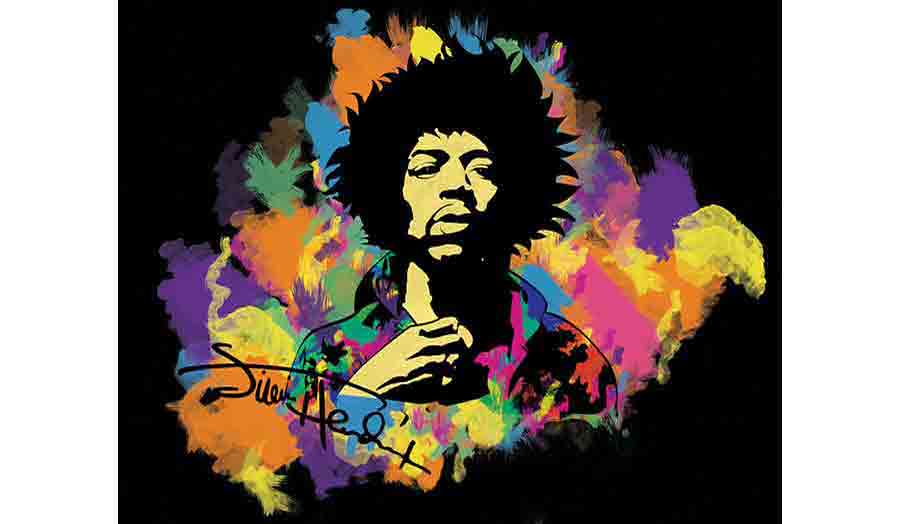
Details
| Tutor | Christina Paine |
|---|

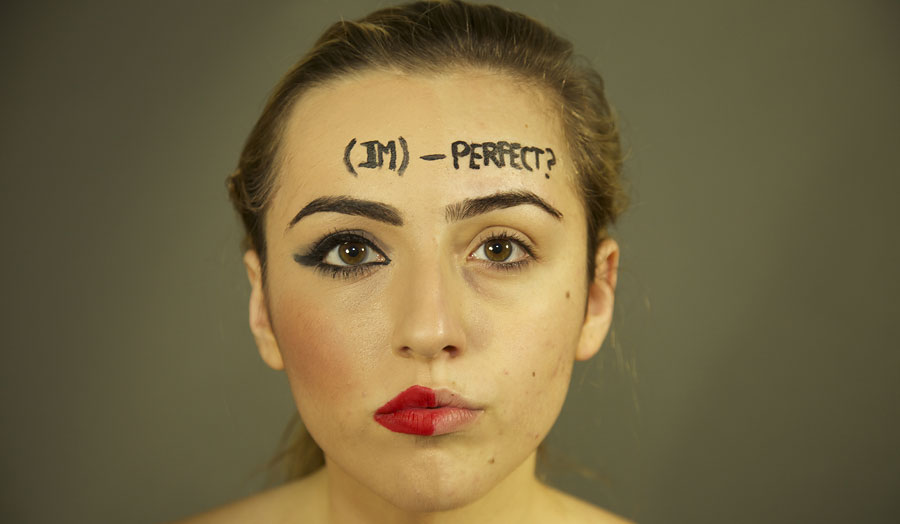


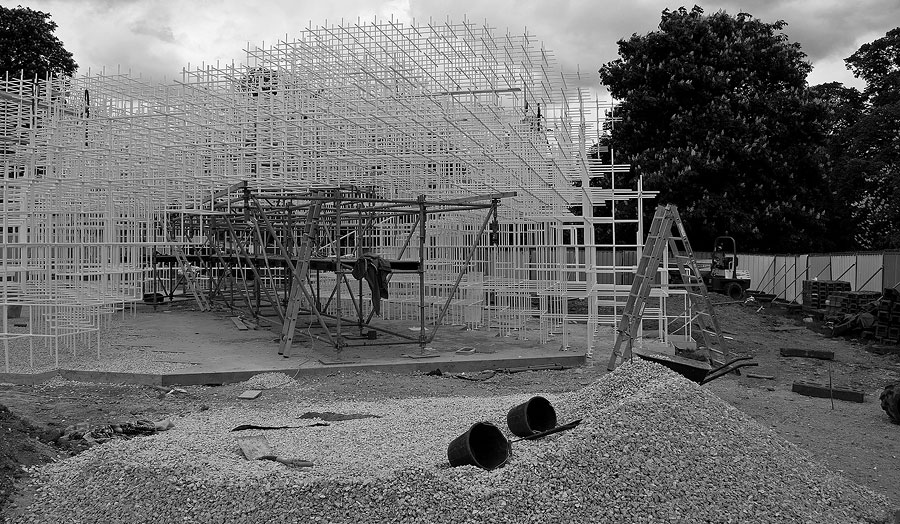
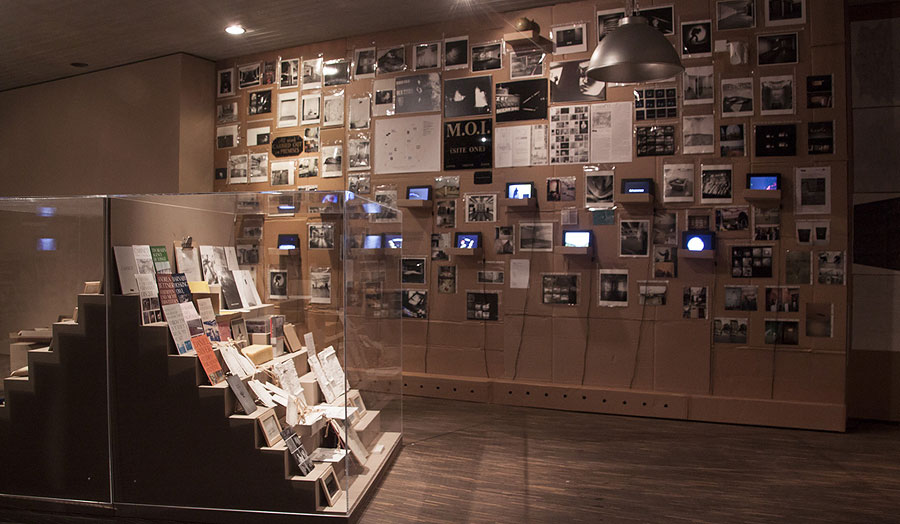
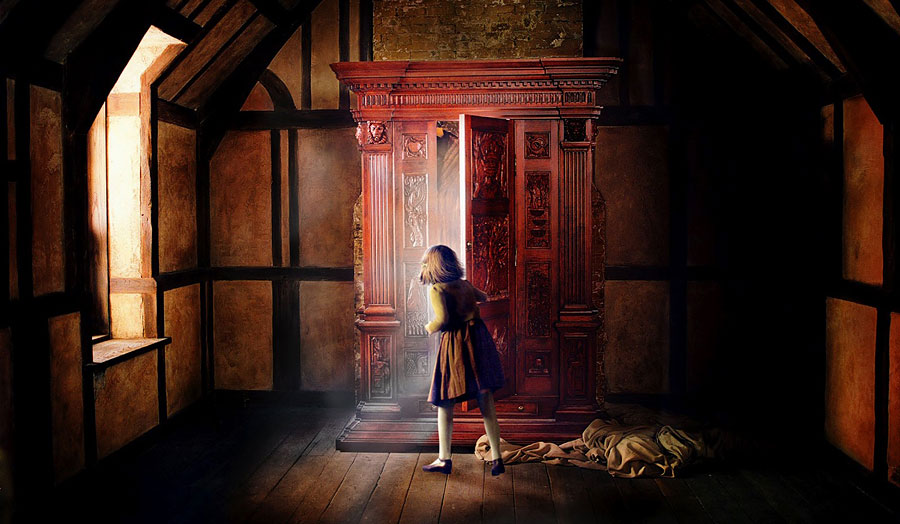

-(1).jpg)
